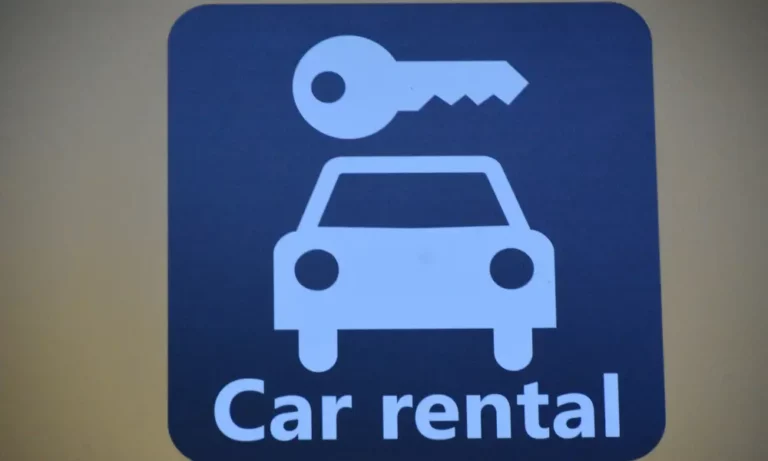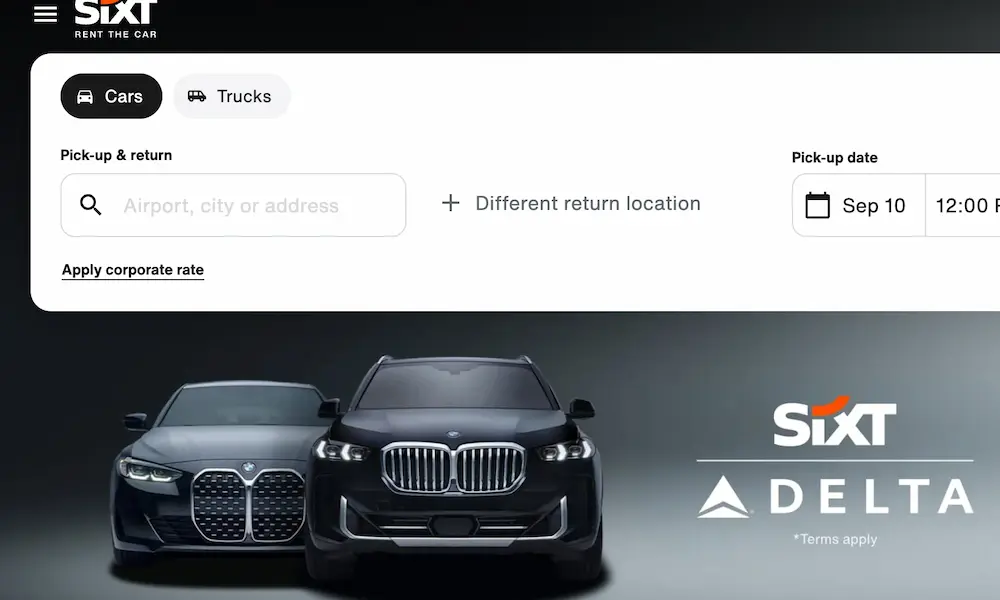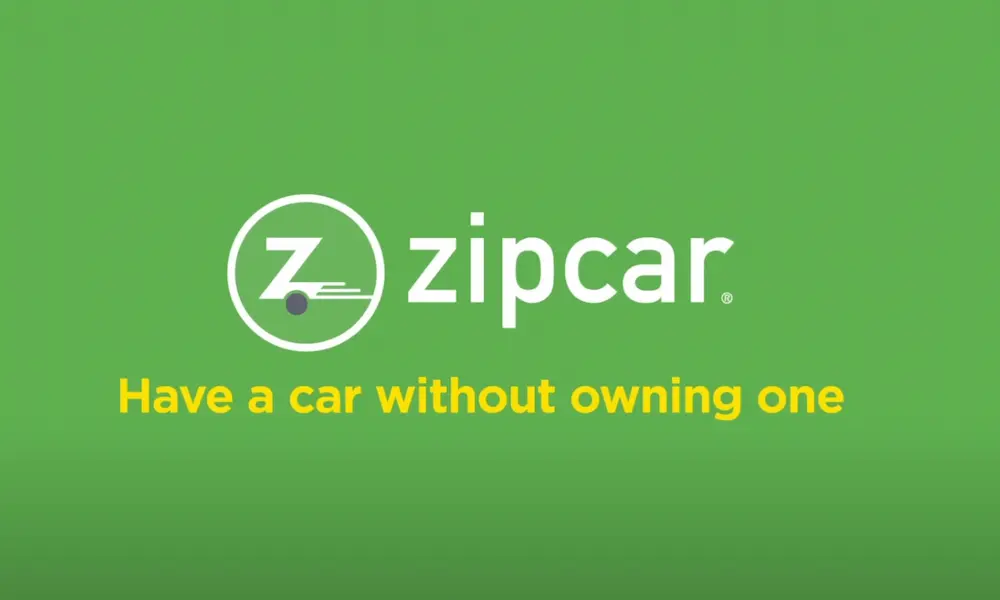Planning a trip but don’t want your funds tied up in a hefty rental car deposit? You’re looking at potentially hundreds of dollars held hostage on your card for days or even weeks after your rental ends. But here’s the good news—you’ve got options. I’ll show you practical ways to minimize or completely avoid rental car deposits while still driving away with the keys.
Why Rental Companies Charge Deposits
Rental companies use deposits as financial protection against potential damage, late returns, or unpaid fees. These holds typically range from $200-$500 but can soar to $1,000+ depending on the vehicle type and rental company policies.
The deposit amount isn’t arbitrary—it’s calculated based on:
- Vehicle value
- Rental duration
- Your payment method
- Your insurance coverage
- Rental location policies
Use a Credit Card Instead of Debit Card
The simplest way to avoid having your actual money tied up is using a credit card rather than a debit card. With a credit card, rental companies place a hold on your available credit instead of withdrawing real money from your bank account.
Most major rental companies not only prefer credit cards but typically require lower holds compared to debit cards. For example:
| Company | Credit Card Hold | Debit Card Hold |
|---|---|---|
| Budget | $200 | $500 |
| Hertz | $200-350 | $500-800 |
| Avis | $200-300 | $500-1000 |
Using a credit card means the deposit isn’t actually leaving your account—it’s simply reserved as available credit. This keeps your actual cash free for your trip expenses.
Find No-Deposit Rental Companies
Several forward-thinking rental companies have moved away from traditional deposit models:
Zipcar: Membership Instead of Deposits
Zipcar operates on a membership model rather than collecting deposits. You pay a monthly membership fee (around $9-15) and then rent by the hour or day without any security deposit. Gas, insurance, and maintenance are included in your rental rate.
This works perfectly for city travelers who need wheels for shorter periods. The membership fee essentially replaces the traditional deposit model.
Sunny Cars: Zero Deposit Program
Sunny Cars offers a unique “No Deposit” service where they act as your guarantor with the local rental partner. You simply present your voucher at pickup without leaving any deposit.
This program requires advance booking (usually 48 hours before pickup) but completely eliminates the deposit headache.
Locauto Rent: Elefast Technology
This European rental company provides no-deposit rentals on vehicles equipped with their Elefast Technology, requiring no pre-authorization on your credit card.
Prepay Your Rental in Full
Some rental companies will waive deposits if you pay the full rental amount upfront. This prepayment strategy removes the risk for the rental company since they already have secured payment.
Companies offering prepayment options that can reduce or eliminate deposits include:
- Hertz “Pay Now and Save”
- Thrifty “Prepay and Save”
- Enterprise “Prepay Now”
The savings on your rental rate (often 10-15%) make this an even more attractive option. Just be aware that prepaid rentals typically have stricter cancellation policies.
Leverage Credit Card Rental Insurance
Using a credit card that provides rental car insurance coverage can significantly reduce deposit amounts. Many premium credit cards offer collision damage waiver (CDW) coverage, which can lower security deposits since the credit card company assumes part of the insurance risk.
To activate this coverage, you’ll need to:
- Pay for the entire rental with your qualifying credit card
- Decline the rental company’s collision damage waiver
- Ensure all drivers are listed on the rental agreement
Popular cards offering robust rental coverage include:
- Chase Sapphire Preferred and Reserve
- Capital One Venture and Venture X
- American Express Platinum and Gold
- Many World Elite Mastercards
Some of these cards cover primary insurance, meaning you won’t need to file with your personal insurance first if there’s damage.
Try Alternative Rental Platforms
Peer-to-peer car sharing platforms often have more flexible deposit policies than traditional rental companies:
Turo: Connect Directly With Car Owners
Turo connects you directly with car owners and typically has lower deposits than traditional rental companies. Many hosts accept third-party insurance, which can further reduce or eliminate deposits.
The deposit amounts on Turo are set by individual car owners rather than corporate policy, giving you more negotiating power and options.
Getaround: Lower Deposit Requirements
Getaround requires only a $150 security deposit, one of the lowest in the industry. While they can’t completely eliminate deposits, this significantly lower amount keeps more money in your pocket during your trip.
Use Third-Party Insurance
If you have comprehensive travel insurance that includes rental car coverage, some companies will accept this in lieu of a deposit. The key is ensuring your third-party insurance specifically covers rental vehicle damage and liability.
Travel insurance providers like AXA offer collision damage waiver coverage with benefits up to $50,000, which can eliminate the need for security deposits when accepted by rental companies.
Before your trip, get documentation of your coverage that you can present at the rental counter.
Try the PayPal Debit Card Strategy
This clever approach involves using a PayPal debit card with minimal funds. By keeping only a small amount in your PayPal account (even just $1), the rental company can authorize the card (since it sees your backup funding source) but cannot actually withdraw significant funds for the deposit.
This method requires:
- A PayPal account with a connected debit card
- A PayPal debit card with minimal funds
- Understanding of the rental company’s authorization policies
While this approach works with many rental companies, be aware that some have become wise to this strategy and may have countermeasures in place.
Purchase Full Insurance Coverage
Buying comprehensive insurance coverage from the rental company often reduces or eliminates deposit requirements. While this increases your upfront rental cost, it provides peace of mind and typically results in much lower security deposits since the rental company’s risk is minimized.
The daily insurance fee (usually $15-30 per day) might be worth it when compared to having $500+ tied up in a deposit, especially on shorter rentals.
Location-Specific Strategies
Deposit requirements can vary dramatically by location, even within the same rental company:
United States
U.S. rental locations often have the strictest deposit requirements, particularly at airports. However, neighborhood locations (away from airports) frequently have more flexible policies and lower deposit amounts.
Europe
Many European rental companies offer “deposit-free” rental options, particularly when booking through aggregators like AutoEurope or Discover Cars. These options are more common in Western European countries.
Asia and Australia
In these regions, local rental companies often have lower deposit requirements than international chains. Research local options before defaulting to familiar brands.
Practical Tips for Success
Book Well in Advance
Many no-deposit services require advance booking, sometimes up to 48 hours before pickup. Last-minute rentals almost always face stricter deposit requirements.
Choose the Right Location
Call ahead to confirm specific location policies, as deposit requirements can vary significantly between different branches of the same company. Airport locations typically have the highest deposit requirements.
Age Requirements Matter
Most alternative payment methods require renters to be at least 25 years old. If you’re younger, expect higher deposits regardless of your strategy.
Bring Extra Documentation
Be prepared with additional identification, proof of return travel, and insurance documentation when using alternatives to traditional credit card rentals. Having these ready can smooth the rental process.
Check Your Credit Limit
Ensure your credit card has sufficient available credit above the potential hold amount. Getting declined at the counter due to insufficient credit can derail your travel plans.
While completely avoiding deposits requires planning and may limit your vehicle options, these strategies can help you keep your funds available while still securing reliable transportation for your travels.
By combining these approaches—like using a credit card with rental insurance while booking through a no-deposit platform—you’ll maximize your chances of driving away without a hefty deposit hold.















